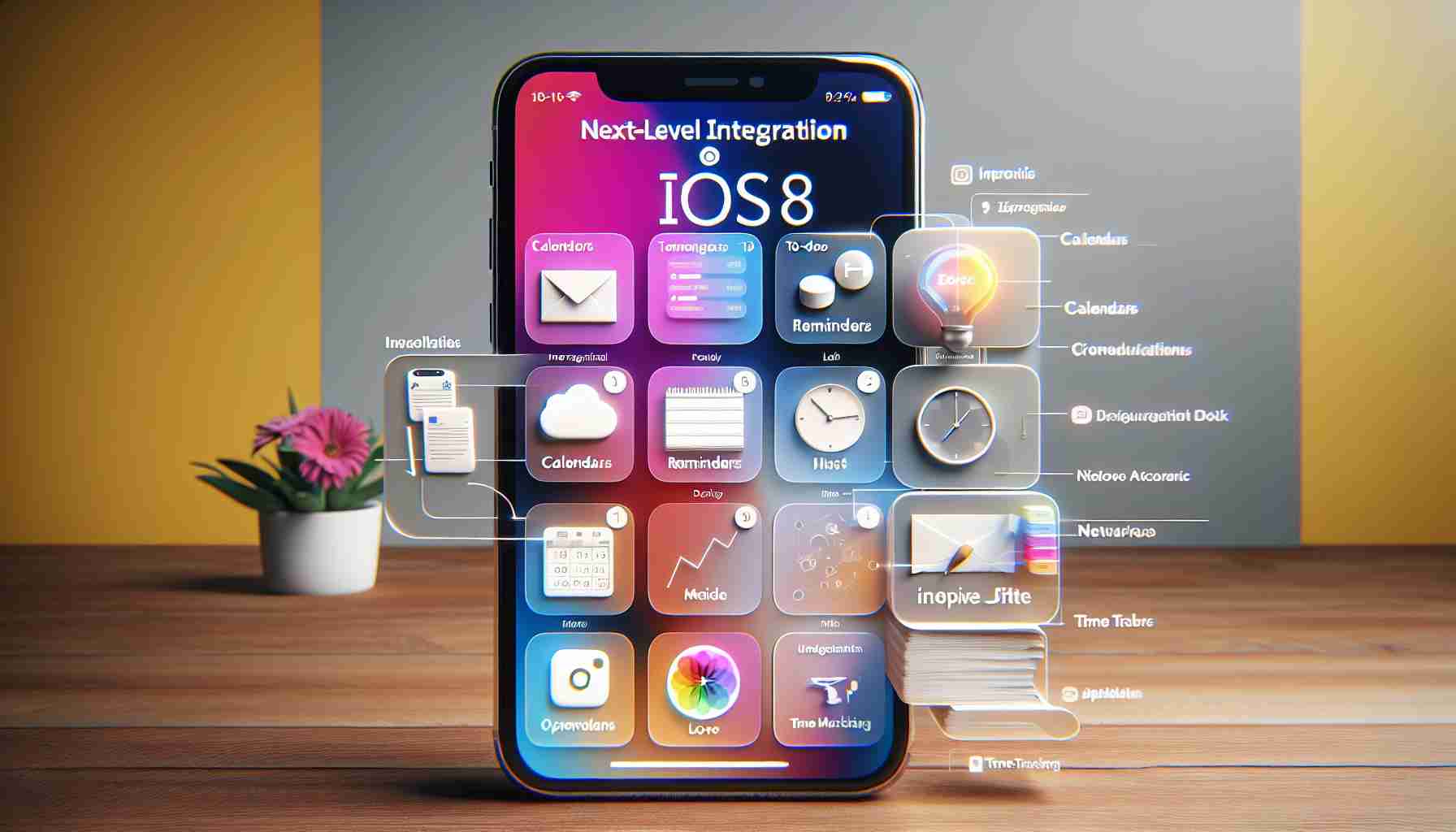Introducing Seamless Scheduling with iOS
Apple’s commitment to enhancing user experience takes a leap forward with its upcoming software update, iOS 18, which promises to transform the way iPhone users manage their schedules. A longtime user of the iPhone shares their reliance on the Reminders app since their early iPhone 5 days, highlighting its importance in organizing their life, from school to career.
Unifying Calendar and Reminders
With the anticipated release, the tech giant is set to merge the capabilities of its Calendar and Reminders apps. This integration means that users will no longer need to juggle between two applications for tracking their appointments and tasks. Calendar will boast a new function that allows for the scheduling and organization of reminders within the app, simplifying the time management process.
This innovative move eliminates the redundancy of entering the same information in multiple places. Initial reports indicate that users will be able to add reminders directly in Calendar view, with the expectation that these reminders will also sync to the Reminders app.
Design Updates and Release Timeline
The dual apps will undergo minor design enhancements to facilitate this improved user experience. Enthusiasts eagerly anticipate the updated features, which are likely to debut with the iPhone 16 launch in late 2024.
Anticipated Additions in iOS 18
iOS 18 is poised to bring an array of AI-driven enhancements to various Apple services, possibly including a ChatGPT-like upgrade to Siri. The update may also permit more personalized home screen customization and introduce advanced accessibility options. Furthermore, compatibility with RCS messaging is on the horizon, indicating potential improvements in communication with Android devices.
All eyes are on WWDC 2024 as Apple prepares to unveil these groundbreaking developments.
Time Management Advancements on iOS
iOS 18 is aimed at facilitating better time management for iPhone users. By unifying Calendar and Reminders, Apple strikes at the core of productivity workflows. The singularity of managing tasks and appointments in one place aligns with the modern need for efficiency in personal and professional life.
Integration and User Adaptation
One key question arising from this is how users will adapt to the combined interface of Calendar and Reminders. While integration promises streamlined processes, it may initially confuse those accustomed to compartmentalizing tasks and events in separate apps. Over time, however, it can lead to a more intuitive engagement with iPhone’s ecosystem.
Design and Functionality
Another area of interest will be the scale and scope of design changes. Will the modifications to the interface alter user experience significantly? As the design updates aim to improve functionality, ensuring they don’t compromise on Apple’s renowned aesthetic will be essential.
Artificial Intelligence Integration
The prospect of AI-driven enhancements, including a potential Siri upgrade, raises the question about privacy and data security. How will Apple balance the need for more personalized assistance with its commitment to user privacy? This is a particularly pertinent challenge in the era of data breaches and privacy concerns.
Interoperability with RCS Messaging
The anticipation of better communication with Android devices addresses one of the longstanding issues in the smartphone industry: cross-platform messaging. While this move is welcomed, the challenge lies in execution and how seamlessly Apple can integrate RCS messaging to ensure reliable and rich communication.
Advantages and Disadvantages
Advantages of iOS 18 might include:
– Improved productivity with consolidated task and event management.
– Enhanced personalization and accessibility for a user-centric experience.
– Potentially better Siri interactions with AI improvements mirroring ChatGPT capabilities.
– Improved cross-platform communications which would be a significant benefit for users communicating with Android devices.
Disadvantages could be:
– Steep learning curve for those resistant to change or non-tech savvy users.
– Design updates may unsettle users who prefer the current aesthetic and functionality.
– AI integrations, if not managed carefully, could lead to privacy concerns.
– RCS messaging adoption may face technical and adoption challenges.
Related links to explore other innovations by Apple and technology advancements could be visited on the Apple main website Apple, or to look into current AI research and development, check the official OpenAI website OpenAI. Always remember to verify the validity of these URLs before using them, as we want to make sure we provide accurate and secure sources for further exploration.
